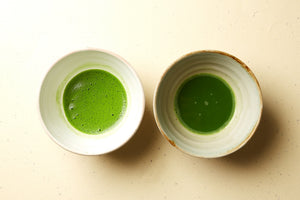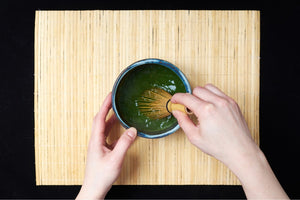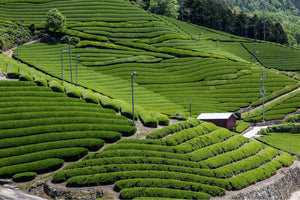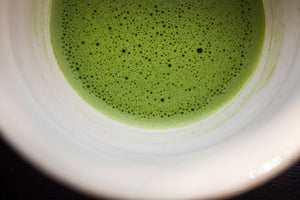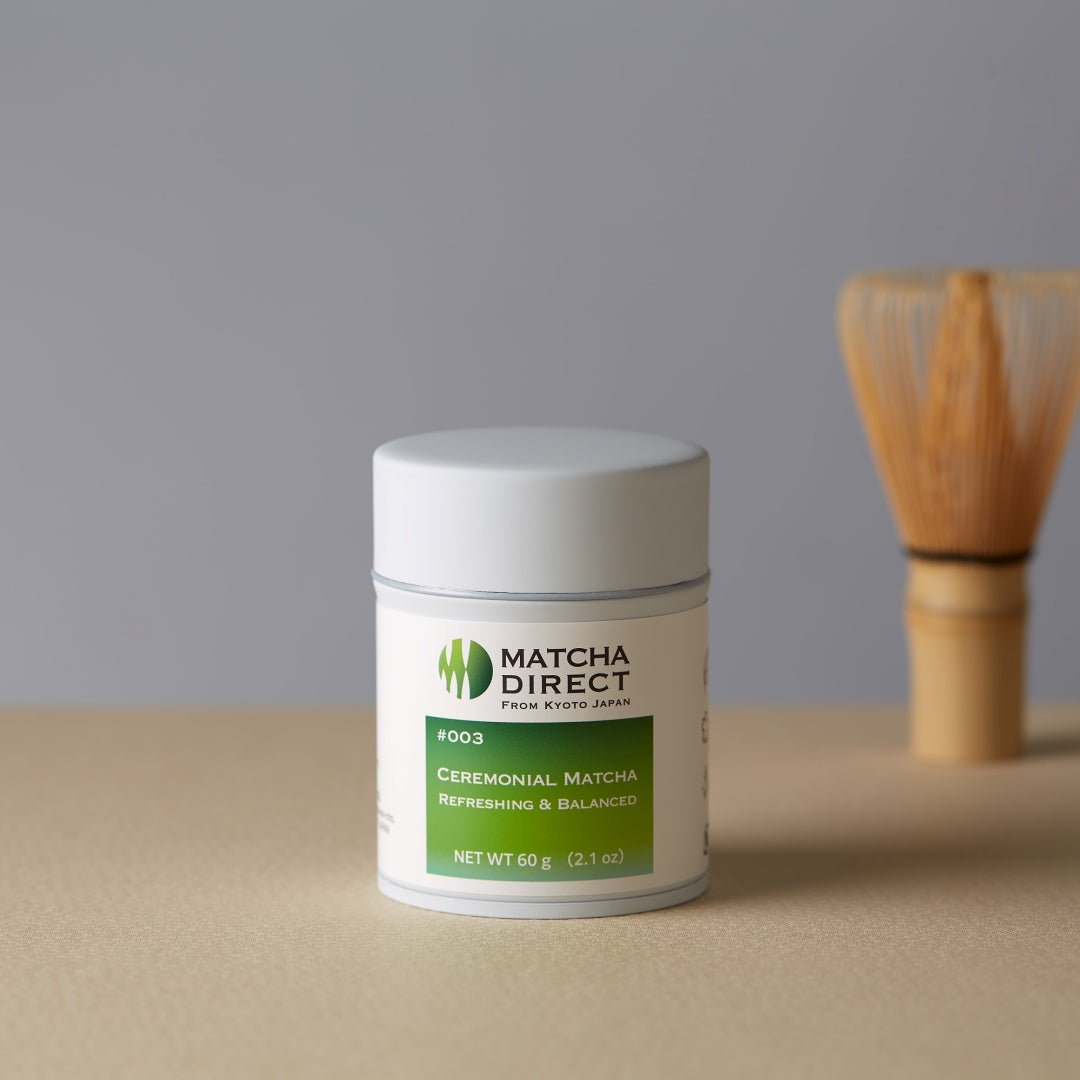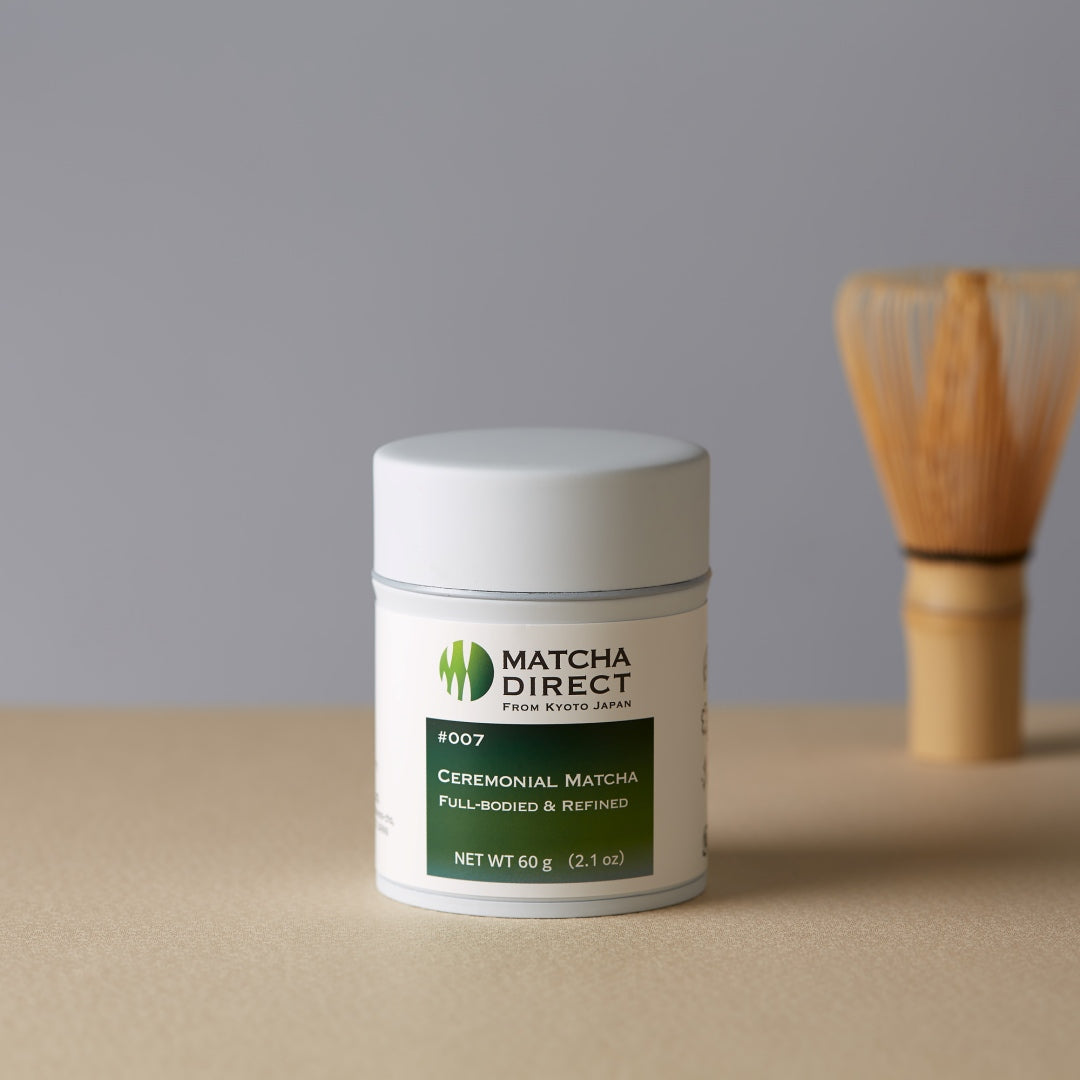11 Best Matcha Brands in Kyoto (Uji)
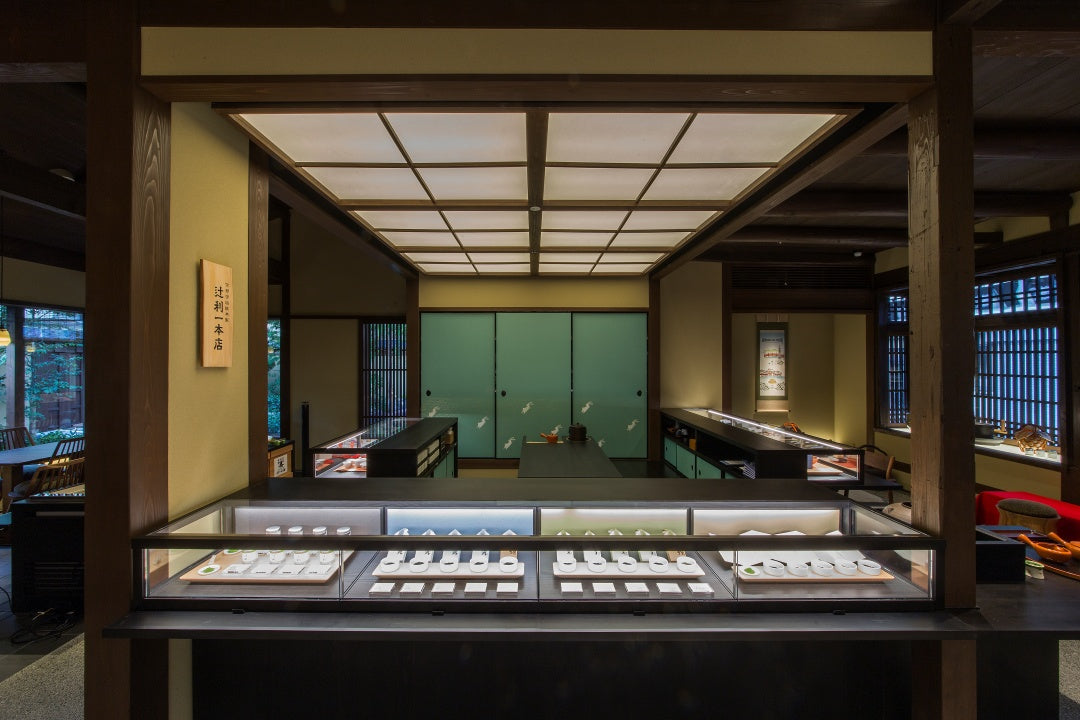
Uji, deeply connected to the history of Japanese tea, is renowned not only for matcha but also for producing high-quality teas such as tencha and gyokuro. The region is home to numerous long-established tea companies. This document will first explore what Uji, the birthplace of Uji matcha, is like, as well as the role of tea companies. It will then introduce ten major tea companies based in Uji and one prominent tea company headquartered in Kyoto that specializes in tea product sales.
What Is Uji’s Role and Significance?
Located south of Kyoto, Uji features a picturesque landscape centered around the Uji River. It is renowned for its local specialty, Uji tea, which has evolved alongside the traditions of tea ceremony. The area also houses historical landmarks such as the UNESCO World Heritage sites Byodoin Temple and Ujigami Shrine, showcasing its deep connection with Japan’s history and culture.
The history of Japanese tea began approximately 830 years ago, in 1191, when the Zen priest Eisai brought seeds of the tea plant, Camellia sinensis, from China. This marked the start of Japanese tea culture, centered in Kyoto.
Uji’s terrain, characterized by alluvial fan formations, offers ideal conditions for cultivating Camellia sinensis, with its misty, cool climate and minimal frost. Around 1380, the shogunate established seven official tea gardens known as the "Uji Shichimeien", solidifying Uji matcha as a symbol of Japanese tea. Since then, Uji matcha has grown hand in hand with tea ceremony culture.
Both tea farmers and tea companies in Uji have dedicated themselves to the pursuit of delicious tea. This commitment has led to the creation of high-quality teas such as tencha and gyokuro. Uji, with its ideal land for tea cultivation, the relentless pursuit of quality by tea professionals, and the appreciation of Uji matcha by high society, remains a place where one can reflect on the profound history and culture of Japanese tea.
The Relationship Between Tea Farmers and Tea Companies
Tea farmers cultivate the tea plant Camellia sinensis and process the harvested leaves into a product known as Aracha, which is then delivered to tea companies. Aracha is produced by steaming and drying freshly picked tea leaves on the same day, without sorting out stems or tough leaves. This makes it the primary raw material for tea production.
Tea companies purchase Aracha and further refine it into Shiagecha (finished tea). This process removes unwanted flavors and balances the taste. While a single type of shiagecha can be enjoyed on its own, tea companies often blend multiple varieties of shiagecha to create their signature teas.
Some tea companies not only process shiagecha but also engage in tea farming, managing both aspects of tea production.
11 Best Matcha Brands in Uji
Now, we will introduce ten major long-established tea companies in Uji and one leading tea sales company based in Kyoto.
Itoh Kyuemon (Uji City)
Founded in 1832, Itoh Kyuemon began offering online sales around 2000, during the early days of internet commerce, making it a pioneer in the online distribution of Uji matcha. Today, the company is well-known not only for its staple Uji matcha products but also for a wide range of matcha-based sweets. Recently, its photogenic products have gained significant attention on social media.
The company has opened direct retail stores in Kyoto’s popular tourist areas, including Kiyomizu, Gion Shijo, and Kyoto Station. These stores offer not only matcha and sweets but also a variety of food products incorporating Uji tea, such as curry, liqueurs, and soba.
Anticipating the rise of the information age, Itoh Kyuemon has ventured into online sales while strengthening its retail presence in tourist hotspots, exploring new ways to present Uji tea. At the same time, it maintains a sense of familiarity with local residents by continuing its community-friendly approach to sales and service.
Yamamasa Koyamaen (Uji City)
Founded in 1861, Yamamasa Koyamaen initially began as a tea farm before evolving into a tea company with its own tea fields. It is a separate entity from Marukyu Koyamaen. Known for its strong ties to tea ceremony culture, the company remains dedicated to producing high-quality matcha specifically for tea ceremonies, giving it a reputation as a matcha-focused tea company.
Yamamasa Koyamaen manufactures and distributes premium teas, including Uji matcha, gyokuro, and sencha, to over 1,000 tea retailers, tea utensil shops, department stores, hotels, inns, and cafes nationwide. Furthermore, it has launched a matcha café in Tokyo called ATELIER MATCHA, where customers can enjoy the authentic taste and aroma of matcha in a casual setting. This initiative promotes a new matcha experience not only in Japan but also internationally.
Marukyu Koyamaen (Uji City)
Founded in 1688, Marukyu Koyamaen started as a tea farm before transitioning into a tea company with its own tea fields. It is a separate entity from Yamamasa Koyamaen.
The company caters to a wide range of needs, from high-grade matcha for tea ceremonies, including supplies for temples and tea schools, to industrial-grade matcha for confectionery production. In addition to providing premium matcha for traditional tea ceremonies, it develops products for various industries, including tea retailers and food manufacturers across Japan. While maintaining its association with the refined image of tea ceremony, Marukyu Koyamaen has also established a strong presence in the food industry.
The company is known for its innovative product lineup, such as matcha designed for use as a topping that does not dissolve in water, matcha that froths beautifully in cold water, and low-caffeine matcha, showcasing its responsiveness to customer needs and market trends.
It is a highly recognized brand overseas.
Nakamura Tokichi Honten (Uji City)
Founded in 1854 at its current location, Nakamura Tokichi Honten began as a tea merchant. It successfully automated the tea mill process, earning a patent for its innovation. In recent years, the company has focused on incorporating its history into retail and café operations, with many café menu items made from ingredients produced in-house.
The company operates two tea shops with cafés in Uji, both of which are popular tourist destinations, with some visitors making the cafés a highlight of their trip.
The main store has been renovated to appeal to matcha enthusiasts while preserving its historical atmosphere as a traditional tea company. The retail area offers premium teas and souvenirs, while a unique feature, the haikenba, once used to inspect tea leaves under natural light, is open for viewing. A former tea factory on the premises has been transformed into a café serving matcha-based sweets.
The second location near the World Heritage site Byodoin Temple is housed in a historical inn that has been refurbished. The café features self-service and offers a relaxing space with views of the Uji River.
By creatively utilizing buildings rich in Uji tea history, Nakamura Tokichi Honten has adapted to the matcha boom in its retail efforts.
Tsuji Riichi Honten (Uji City)
Founded in 1860, Tsuji Riichi Honten is a tea company strongly associated with matcha. Around 1889, the company developed a wholesale tea container (chabitsu) that improved tea distribution, allowing Uji tea to be delivered smoothly across Japan. It also refined the product “Gyokuro" into its current form, contributing to the revival of Uji tea. In recognition of these achievements, a statue of the company’s founder, Riemon Tsuji, stands in front of the World Heritage site Byodoin Temple.
The company’s brand is widely recognized in Japan, with many partner and family branch brands in existence. It handles a broad range of matcha products, from tea ceremony-grade matcha to confectionery-use matcha.
With the growing international popularity of Uji matcha, the company launched a global online sales platform, Matcha Direct, to deliver freshly milled, high-quality Uji matcha to matcha enthusiasts outside Japan.
Horii Shichimeien (Uji City)
Founded in 1879, Horii Shichimeien operates as both a tea farm and a tea company. Located in a residential area south of Uji Station, the company preserves the last remaining tea garden of the historic "Uji Shichimeien," known as the Oku-no-yama Tea Garden, which it acquired as urbanization caused the other gardens to disappear.
Horii Shichimeien pioneered the mechanization of tencha production, inventing tools like the Horii-style tencha furnace and the sancha machine, making what was previously a labor-intensive, manual matcha processing method more efficient.
The company’s signature matcha, Narino, is celebrated for its exceptional umami flavor, surpassing that of other Uji matcha products. It is made from tencha produced with a proprietary tea cultivar developed over 20 years. This matcha is exclusively sold by the company and is known for its rich aroma and mellow taste.
The name Narino also garnered attention in the tea industry, as the fifth-generation head of the company named the cultivar after his grandchild. This tea went on to win a gold medal at the Japanese Tea Selection Paris competition in 2020–2021, boosting its global recognition.
Additionally, the company’s can design has attracted foreign tourists visiting Uji, with many sharing it on Instagram, further increasing its popularity.
Kitagawa Hanbei Shoten (Uji City)
Founded in 1861, Kitagawa Hanbei Shoten is a tea company that specializes in producing matcha for tea ceremonies. At the same time, it has long collaborated with ice cream manufacturers and actively supplies industrial-grade tea ingredients to food manufacturers. The company rarely offers its teas directly to the general market. However, through its dedicated online shopping site, it sells Uji matcha, matcha-flavored ice cream, mizuyokan (a type of jelly), and other sweets.
In response to the growing domestic and international popularity of matcha, a separate company, Gion Kitagawa Hanbei, opened the Japanese tea café Gion Kitagawa Hanbei Gion Main Store in Kyoto’s Gion district in 2018. The café is housed in a Kyoto townhouse over 120 years old, offering a relaxing atmosphere where visitors can savor the authentic flavors of tea leaves and sweets. Additionally, the company has established stores at Takashimaya in Osaka and Marunouchi Building in Tokyo, where it sells sencha, gyokuro, and hojicha.
Shohokuen (Uji City)
Founded in 1645, Shohokuen began trading with Mitsukoshi Gofukuten (now Mitsukoshi Isetan) in 1914, becoming the first food product sold in a Japanese department store. Today, it remains a brand primarily retailed through Mitsukoshi department stores. The company also has extensive experience in exporting tea internationally.
In matcha exports, Shohokuen often operates discreetly without prominently using its own brand name. Despite this, its quality has been recognized on the global stage, winning a gold medal for its matcha at the Global Tea Championship in 2018 and a silver medal for its gyokuro in 2019. Such accolades highlight the growing recognition of the company overseas.
Kanbayashi Shunsyo Honten (Uji City)
Founded around 1560, Kanbayashi Shunsyo Honten has been involved in the tea industry for over 450 years. During the Edo period, it held the prestigious title of Gomotsu Ocha-shi (Imperial Tea Master), serving the shogunate and feudal lords. However, with the transition to the Meiji era and the loss of this patronage, the company faced a major crisis. It adapted by transitioning from tea mastery to tea commerce, focusing on newly developed teas like gyokuro and sencha. Like other companies such as Marukyu Koyamaen and Yamamasa Koyamaen, its teas are sold through tea retailers across Japan.
In 2007, the company collaborated with Coca-Cola Japan to develop the bottled green tea Ayataka, entering the ready-to-drink (RTD) market. The name Kanbayashi Shunsyo Honten is displayed on Ayataka bottles, which are now available in retail stores nationwide.
Since 2008, Kanbayashi Shunsyo Honten has also partnered with FamilyMart to create various matcha-based products, including sweets, bread, and ice cream, further broadening its reach into the consumer market.
Kyoei Seicha (Uji City)
Founded in 1836, the company originally operated as Morihan Seicha before rebranding to Kyoei Seicha. However, it continues to market its products under the Morihan brand. Known for its large-scale operations, the company produces and sells a wide range of products, including Uji matcha and other Japanese teas, as well as coffee and black tea. It has extensive experience in exports and maintains its own retail store at Hankyu Department Store in Osaka Umeda.
Kyoei Seicha serves a diverse range of clients, from food manufacturers to tea retailers. In addition to beverage-use matcha, the company supplies matcha as an ingredient for confectionery, drink menus, and other commercial applications. Its long history of exports includes providing matcha to global coffee shop chains.
The company has a strong track record of innovation. Nearly 100 years ago, it introduced the precursor to today’s cold-brew green tea, Kooricha (Ice Tea). Over 50 years ago, it developed the first vacuum-sealed canned green tea in Japan, and around 25 years ago, it launched the world’s first frothing matcha latte. In 2019, it established the Kyoto Techno Center, a research and development hub.
Kyoei Seicha is the largest manufacturer and seller among the 11 companies introduced here.
Ippodo Chaho (Kyoto City)
Founded in 1717, Ippodo Chaho specializes in tea sales. In its early days, the company also sold pottery and other goods. However, during the late Edo period, a member of the imperial family complimented the quality of their tea and advised them to focus solely on tea sales. This led to the adoption of the name "Ippodo" and a dedicated focus on tea. The name "Ippo" in Japanese means "to keep one thing".
Ippodo is regarded as a high-quality brand within Japan and has actively expanded its presence overseas under the Ippodo brand, increasing its recognition internationally.
Today, Ippodo is one of Japan's leading matcha brands, with around 100 stores in major department stores nationwide, from Hokkaido to Kyushu.
Among the companies introduced here, Ippodo is the only one to have expanded into the United States, where it actively promotes its products. It is likely the most well-known matcha brand in the U.S. market.

